Summer Safety: Keeping Your Dog Safe from Toxic Foods
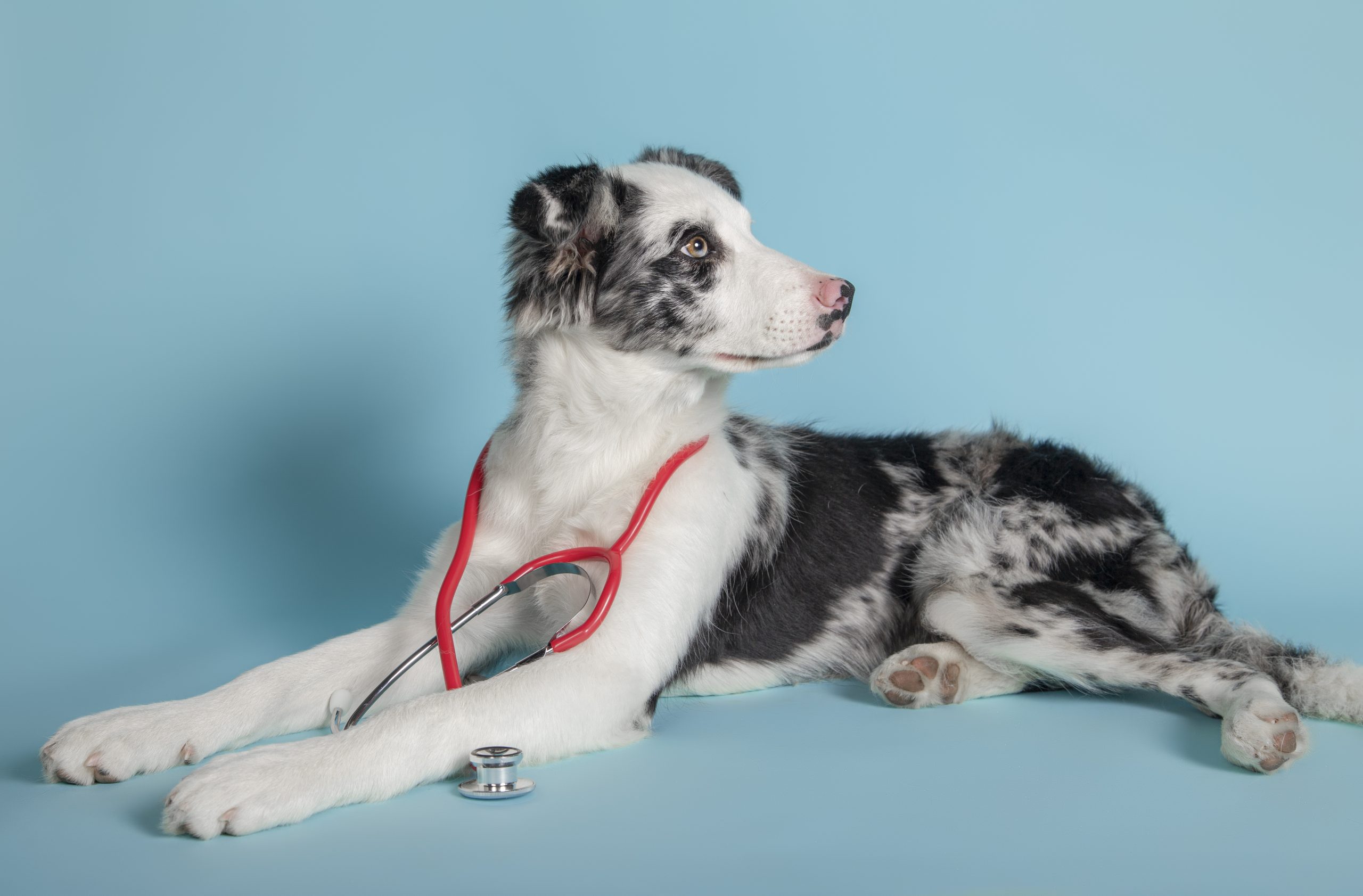
One of everyone’s favorite summer activities is a good barbeque or picnic. It is a great way to spend time with family and friends and a fun time for your dog to enjoy the outdoors with you and other dogs. However, it is also a prime opportunity for dogs to eat your food while you’re not looking – often things they shouldn’t eat.
After working at a vet clinic for a couple of summers, I have realized how often people don’t know how many human foods are extremely toxic for dogs. Furthermore, each dog has a different tolerance so what may be considered a “safe” dose of food for one dog could still be extremely harmful if their tolerance is different. Here is a list of common human foods that are dangerous for dogs:
Chocolate
Everyone knows dogs can’t have chocolate. What many people don’t know is that different types of chocolate have different levels of toxicity depending on the content of theobromine and caffeine, the chemicals that are toxic for dogs. A general rule is that the darker the chocolate, the more harmful it is for dogs. Cocoa beans and cocoa powder are the worst, with white chocolate being the least (but still somewhat) toxic. For example, a single small Hershey’s milk chocolate bar could be fatal for a toy breed dog, while the same quantity of dark chocolate could be fatal for a larger breed.
Xylitol
Many types of sweets, including beverages, contain the artificial sweetener xylitol, which is extremely toxic for dogs. One of the most common xylitol ingestion cases we see in vet clinics is from sugar-free gum. Just one piece of gum is harmful to a ten-pound dog.
Onions and Garlic
Onions and garlic are found in many human foods. While your dog may need to eat a couple of whole garlic cloves or onions to cause damage, garlic and onion powders are much more harmful in very small amounts as the toxin is concentrated. Avoid feeding your dog anything containing either regular onions/garlic or powders.
Grapes and Raisins
Both grapes and raisins are extremely toxic for dogs. Similar to onions and garlic vs. their powders, raisins are more toxic than grapes because they contain a more concentrated toxin. Even just one grape or raisin could be damaging to your dog’s kidneys.
Drinks
Many types of drinks contain harmful toxins. A lot of sports and energy drinks contain xylitol. Caffeine is another chemical that can poison dogs found in many sodas, coffees, and teas. Alcoholic and THC-infused drinks can also be extremely damaging to a dog’s organs. While just a few sips may not be super unsafe for a dog (depending on their size), it is best to keep open cups up and away from dogs and to close any bottles or containers left open.
Fat Drippings
Just like in humans, high-fat diets can cause pancreatitis in dogs. Anytime you are cooking, it is important to never feed fat drippings to your dog to decrease the risk of pancreatitis. Mild cases are normally treatable, but severe cases may not be. Furthermore, this disease is extremely painful, so the best option is to avoid it altogether by keeping excess fat out of your dog’s diet.
Avocados
Avocados contain persin, a chemical toxic to dogs in all parts of the plant. At present, we don’t know what exact amount of the toxin is harmful, so it is best to avoid feeding dogs avocados altogether. Furthermore, the high-fat content of avocados can cause pancreatitis. Avocado pits can cause choking or an obstruction in your dog too.
Macadamia Nuts
Macadamia nuts can cause severe poisoning in dogs. It is generally not fatal, but this type of poisoning can cause temporary paralysis, a scary experience for you and your dog. Even just a couple of nuts can be toxic, so avoiding them altogether is safest.
Pits
When eating any food with a pit, be extra careful that the pit is thrown away in a trash can rather than just onto the ground. All pits, such as cherry, apricot, peach, plum, and avocado pits, contain various chemicals that are toxic for dogs. If your dog eats even one pit, a call to your vet is warranted.
Bones
Everyone has been guilty of giving their dog a bone after cooking ribs, chicken, etc. While not toxic, these bones can cause obstructions. In most cases of obstruction, surgery is required to remove the foreign body. These surgeries generally cost thousands of dollars, so not feeding your dog leftover bones will save you a lot of money.
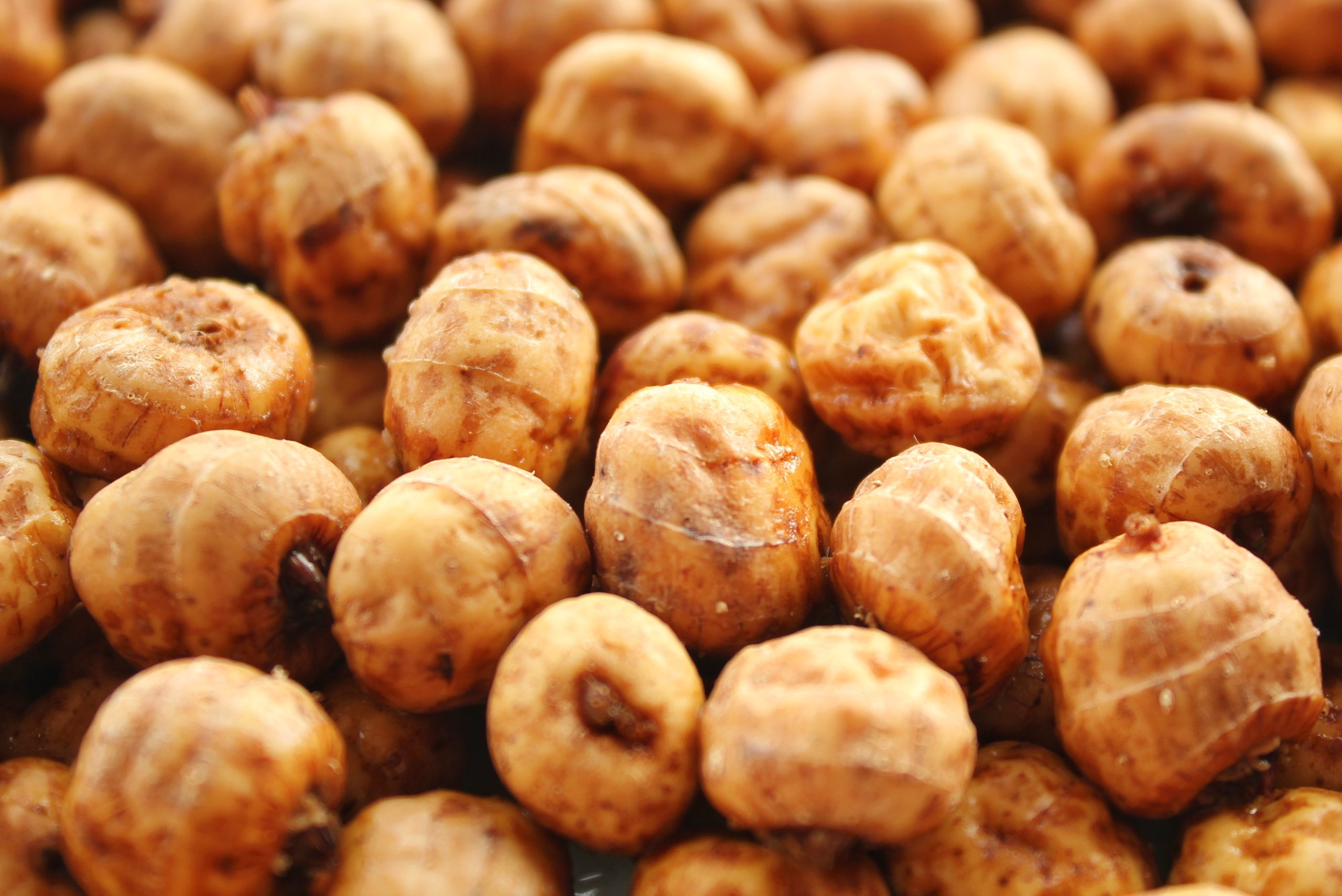
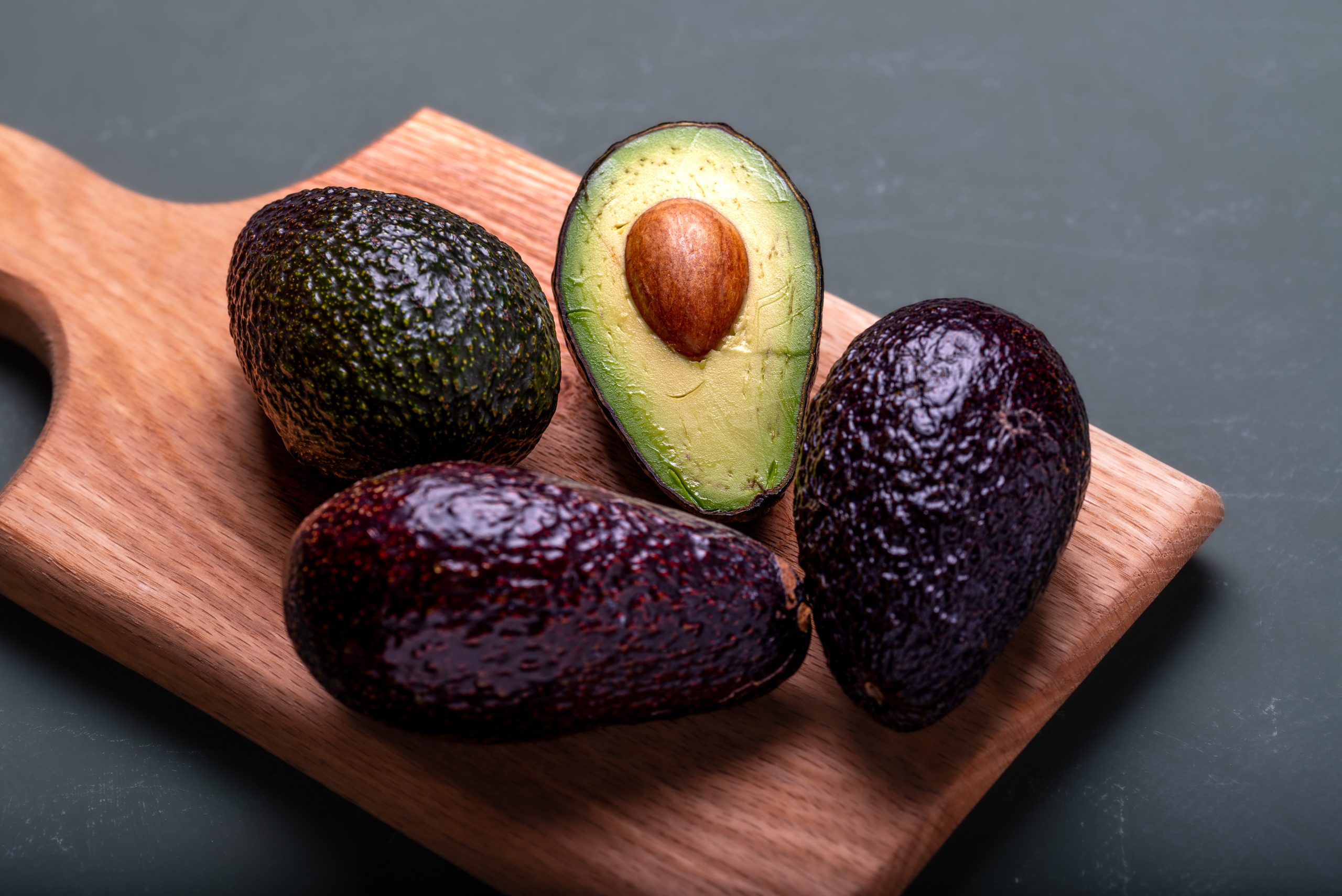
If you are unsure if your dog has ingested something toxic, here are some symptoms to watch for:
- Vomiting
- Lethargy
- Diarrhea
- Trouble breathing
- Pale gums
- Seizures
These symptoms can be mild or severe depending on the amount of toxin your dog ingested.
If you think your dog has ingested something toxic, the first thing you should do is call either your vet (or an emergency vet if your primary clinic is closed) or the pet poison helpline. Your vet will help direct you through your options. If the amount ingested is likely not a toxic dose, they may instruct you to monitor it at home. Larger amounts would likely warrant a visit to the clinic. They may recommend inducing vomiting to remove the toxin from your dog’s body. Running blood work would likely be warranted as well to ensure the toxin has not damaged any organ systems in your dog. They may recommend rerunning labs a few days after the ingestion too. In some cases, your vet may choose to use activated charcoal to help absorb what remains in the stomach after they induce vomiting.

The pet poison helpline is a great resource for both you and your vet to consult to help determine how toxic the dose ingested is for your specific dog. They do have an $85 case fee, but their veterinarians who specialize in toxin ingestion also help your vet determine the best course of action for your dog’s case. If this issue arises when your primary vet clinic is closed, immediately call emergency clinics in the area. When googling emergency clinics, make sure you check their website to ensure they are an emergency clinic; many options that pop up on Google are misleading ads for regular vet clinics rather than emergency ones. It will likely be much more expensive to go to an emergency clinic rather than your primary vet, but it is worth the trip and the bill as most toxic ingestions have the best outcome when caught and treated early.
While it is important to avoid feeding your dog anything toxic, it is still fun to include them in your cooking by feeding them snacks. Just remember snacks are only okay in moderation – treats should not make up more than 10% of your dog’s caloric intake. Here are some healthy, safe, and still tasty alternatives:
Watermelon
Watermelon is a safe and delicious treat for dogs. While you should be careful to never feed them the rind as it could cause GI upset and an obstruction, the fruit itself is full of nutrients and can help them stay hydrated.
Plain Popcorn
As long as it is not buttered and salted, popcorn can be an easy and fun treat for dogs. It contains small amounts of minerals too.
Carrots
In moderation, carrots are a very healthy and safe treat for your dog. They contain many vitamins and can improve your dog’s dental health as the chewing motion helps prevent the buildup of food on their teeth that turns into tartar over time. Freezing them can help them last longer too.
Blueberries
Blueberries are high in nutrients and low in calories. They contain a lot of antioxidants which are very beneficial for cellular health.
Apples
Apples are also a safe alternative for dogs. Avoid feeding them the core and seeds, but the fruit itself can help improve dental health in the same way as carrots. Baked apple chips are a fun snack for dogs and very easy to make – all you need to do is put them in the oven.
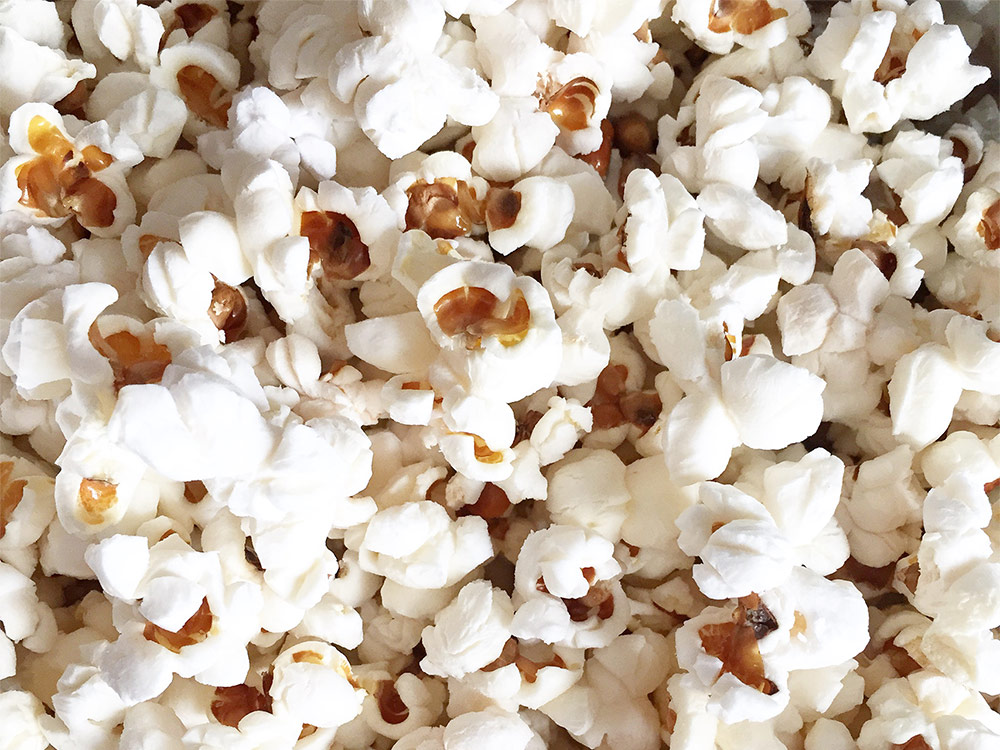
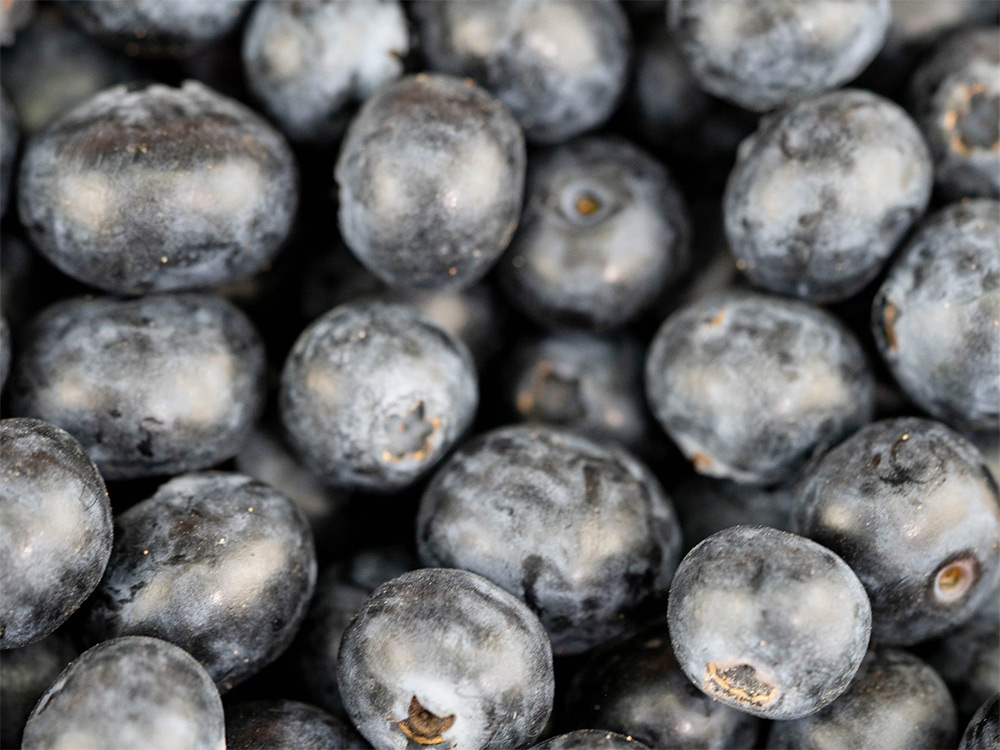
The Pet Poison Helpline’s website is very educational. They have resources for both owners and vets as well as a poison search page to see if what your dog ate is toxic. Pet Poison Helpline
Blue Pearl is an emergency clinic located in 29 states across America. If you can’t find a clinic near you, try the location finder on their website to see if one is close by. Blue Pearl Vet
We hope you and your pups safely enjoy the best season for cooking outside!






































































